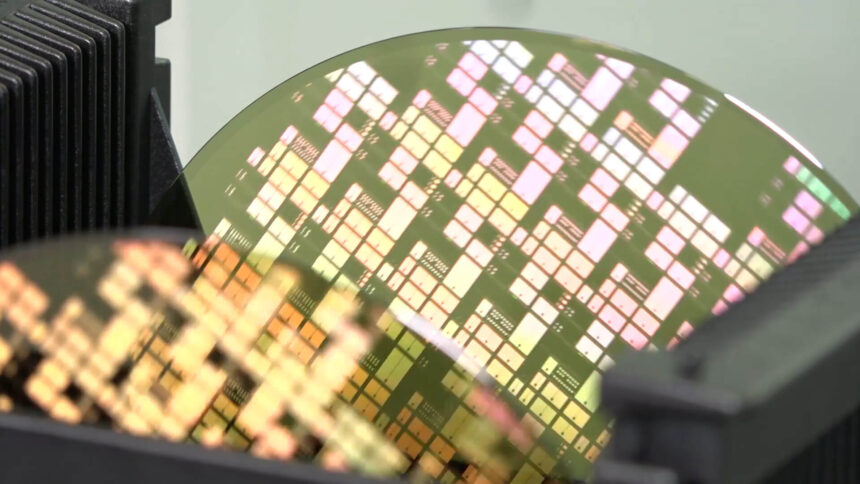The automotive chip market has been facing challenges recently, with major analog chip manufacturers experiencing a slowdown in performance. This can be attributed to lower production and sales of new energy vehicles (NEVs), leading to a sluggish market environment.
However, there are signs of recovery in the automotive sector, with some leading companies showing improvements in their performance over the past few quarters. Inventory reduction for automotive chips has been a key focus area for these companies, indicating a positive trend in the market. The NEV industry is also witnessing rapid growth, hinting at a broader development phase ahead.
NXP, a prominent player in the market, reported Q3 revenue of $1.829 billion from its automotive chip segment. While this was a 3% decline year-over-year, there was a 6% sequential increase. NXP is optimistic about the electric vehicle market’s growth globally, especially in China, and plans to continue investing in this area.
Infineon, another major player, saw its overall Q3 revenue decline, but its automotive division showed resilience. Automotive revenue reached €2.112 billion, with a slight sequential increase. The company’s silicon carbide (SiC) automotive business is thriving, targeting significant revenue growth in FY 2024. The automotive electronics division (ATV) was the only segment to achieve growth, driven by the rapid development of electric vehicles and advanced driver-assistance systems.
STMicroelectronics reported a revenue decline in Q3, with the automotive sector experiencing a significant drop. The company attributed this to automakers adjusting production plans due to inventory pressures and weak demand. Despite the short-term slowdown, ST remains positive about long-term trends in EVs and automotive digitization.
Texas Instruments (TI) reported a decline in Q3 revenue, but the automotive segment saw growth driven by strong demand in China. TI highlighted the robust growth of China’s EV market as a key contributor to its performance.
Onsemi witnessed a lower Q3 revenue, with automotive revenue falling year-over-year. The company cited weak demand, inventory digestion, and a slowdown in end-user demand as contributing factors.
Bosch expects a drop in profit margin in 2024 due to challenges in the global economy and slow growth in Europe’s EV market. Analog Devices (ADI) reported a decline in revenue for Q3, with automotive revenue down year-over-year. However, order volumes rebounded steadily in Q4, particularly in the automotive market.
Microchip projected lower-than-expected Q3 revenue and profits, attributing this to inventory clearance efforts by customers amid economic weakness. Despite challenges, the company continues to focus on reducing inventory and navigating macroeconomic uncertainties in the market.
Overall, while the automotive chip market has faced challenges, there are positive signs of recovery and growth, particularly in the electric vehicle segment. Major players in the industry are adapting to market conditions and investing in key areas to drive future growth and development.







